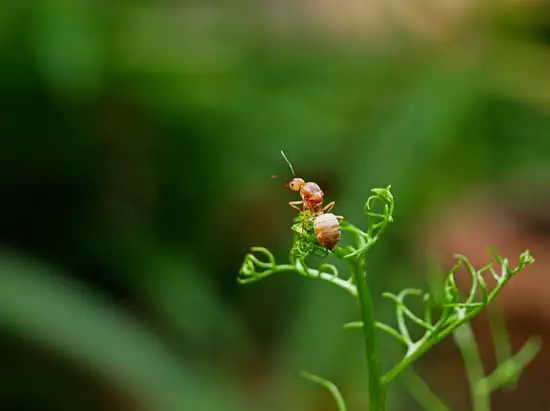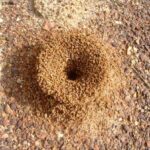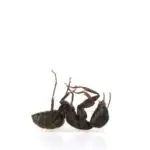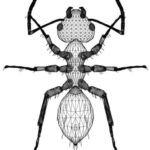What to Do When Black Ants Bite
Getting stung by an ant can be a painful experience. The venom produced by ants is made up of proteins and histamines. These chemicals cause localized cell death and cause the skin to be irritated.
While an ant bite does not typically require medical attention, the reaction to the sting can be quite severe. The initial reaction is extremely painful and can result in skin breakage and irritation. A small blister may form within 8 to 24 hours.
For mild ant bites, a cold compress or anti-inflammatory pain reliever may be enough to reduce the swelling and itching. Baking soda or lemon juice may also be effective.
If you experience more serious symptoms, such as swelling, dizziness, fever, or breathing difficulties, it’s important to seek medical help. This is because these symptoms can be signs of a more serious infection. If you’re allergic to ants, ask your doctor if you need to take allergy shots or carry an epinephrine auto-injector.
A mild systemic reaction to a ant bite is not uncommon, with symptoms such as flushing, diarrhoea, and angioedema. A rash is also common, and may signal a generalised allergic reaction.
If you’re bitten by an ant, you can help relieve the pain and itching with an over-the-counter antihistamine. You may also want to apply salt to the area to reduce swelling. A paste made from baking soda and water is also effective.
A small blister may form at the site of an ant bite. If the bite is caused by a carpenter ant, you should clean the area with warm water and antibiotic ointment. A bandage may be needed to cover the blister.








